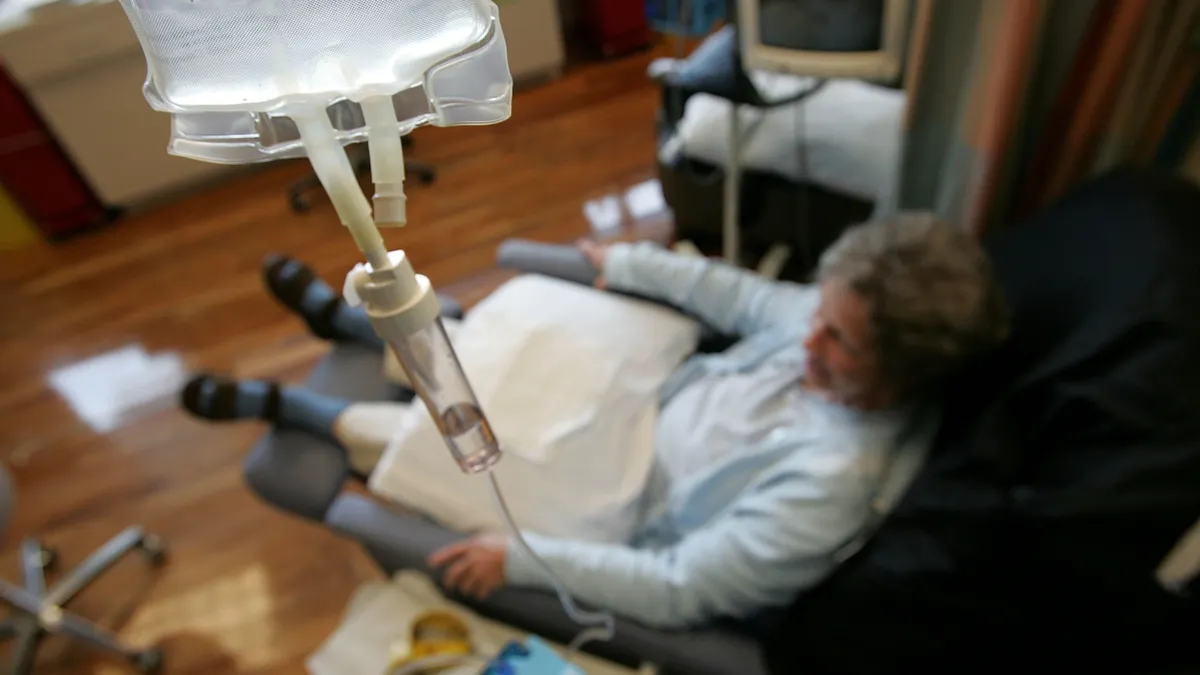Dive Brief:
- A Swiss study published in the American Journal of Cardiology concludes that genetic testing in survivors of sudden cardiac arrest (SCA) is useful regardless of whether the patients showed previous clinical evidence of heart disease.
- The study examined 60 unrelated SCA survivors with a median age of 34 who did not have coronary artery disease: 24 patients had a detectable cardiac phenotype and 36 had no clear cardiac phenotype.
- Targeted exome sequencing, which involves screening the entire genome, was performed using Illumina's TruSight-One Sequencing Panel.
Dive Insight:
The field of gene sequencing aims to help identify the genetic risks and causes of diseases. Genetic testing has been considered clinically useful for survivors of sudden cardiac arrest with a suspicious cardiac phenotype, but the value of such testing in the absence of phenotype has been disputed, according to the study authors.
Sudden cardiac arrest is caused by an abnormal heart rhythm that disrupts the heart’s pumping function. The abrupt loss of heart function, breathing and consciousness usually leads to death if the heartbeat is not restored with an electrical shock immediately.
The researchers analyzed relevant variants in 185 cardiac genes. They found cardiac genetic testing was positive in about two-thirds of patients in the group with detectable cardiac phenotype and in one-sixth of the patients with no clear cardiac phenotype.
They identified a total of 32 pathogenic or likely pathogenic variants in 27 patients. Of those, 17 were found in the group with a detectable cardiac phenotype and 10 were found in patients with no clear cardiac phenotype.
Of the cases with detectable phenotype 16 individuals hosted mutations congruent with the suspected phenotype. Of those, 12 were cardiomyopathies and four were channelopathies.
In the patients with no clear cardiac phenotype, six carried a mutation in cardiac ion channel genes that could explain the event. The additional four mutations in this group could not explain the phenotype and require additional studies.
"The test was useful in both groups to identify or confirm an inherited heart disease, with an important impact on the patient care and first-degree relatives at risk," the study authors concluded.










